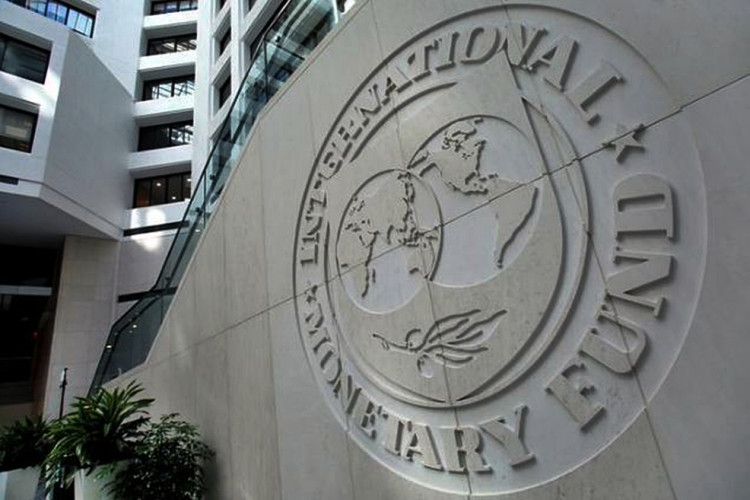The International Monetary Fund (IMF) is warning the trade war launched by U.S. president Donald Trump against the rest of the world stands to impoverish world economies if not immediately resolved.
In its latest World Economic Outlook report released today, the IMF said the trade war between the U.S. and China risks making the world a "poorer and more dangerous place." The IMF pointed out that a full-blown trade war between the world's largest and second largest economies will cause a significant dent to the economic recovery from the Great Recession of 2018.
Trump's trade barriers will hit households, businesses and the wider economy, and is beginning to do so now. Maurice Obstfeld, the IMF's Chief Economist, noted that trade policy reflects politics and politics remain unsettled in several countries, posing further risks.
As a consequence of these negative factors, the IMF has lowered its forecast for global growth this year and in 2019. The IMF now estimates the global economy to grow by 3.7 percent this year and next year. The estimate for 2018 is 0.2 percent lower than its earlier forecast. China and the US trade war might also unleash an inflation surge worldwide.
The IMF warned of a permanent hit to growth if the U.S. goes ahead with a threat to impose a 25 percent tariff on all imported cars. These global tariffs will hurt business confidence, investment and borrowing costs.
The fund said risks to the short-term outlook for the world economy had "shifted to the downside." It explained that its downgrades to global growth also reflect predictions of a slower expansion in the eurozone, as well as turbulence in a number of emerging market economies such as Argentina, Turkey, and Venezuela.
The IMF acknowledged its earlier projections about world economic growth now appear to be "over-optimistic." It noted that risks from "further disruptions in trade policies" have become more prominent.
Two major regional trade arrangements remain in flux and are bathed in uncertainty. One is NAFTA where a new trilateral agreement awaits legislative approval from the U.S., Canada, and Mexico. The other involves the European Union, which is negotiating the terms of Brexit with the United Kingdom.
In addition, U.S. tariffs on China will disrupt established supply chains, especially if met by retaliation, according to the IMF.
The U.S., however, will suffer greatly from the unnecessary trade war it initiated. In this worst-case scenario, the U.S. economy will take a significant hit. On the other hand, economic growth in China will drop below five percent in 2019 compared with a current prediction of 6.2 percent.
Obstfeld said the world will become a "poorer and more dangerous place" unless world leaders worked together to raise living standards, improve education and reduce inequality.






